Raleigh, North Carolina
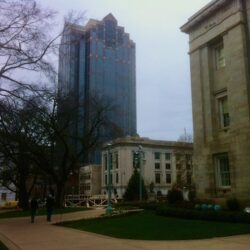
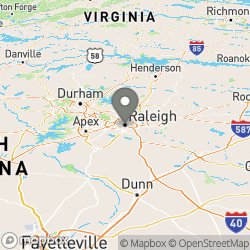
What It Is Like to Retire in Raleigh
Click Edit to add your suggestions
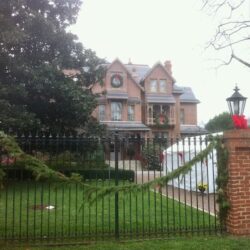
Where to Retire in Raleigh and Home Prices
There are many interesting neighborhoods to live in as well as some 55+ active adult communities (see link at top right).
The National Association of Realtors had the median selling price at $393,100 in the 2nd quarter of 2021.
What Is Special about Raleigh
Raleigh is the fast growing NC capital named to several "10 Best" lists. Not all retirees will appreciate the notice from the Wall St. Journal - Raleigh was named one of the top 10 cities emerging as the “hottest, hippest destinations” for educated workers in their 20s when the U.S. economy gets moving again. The Journal cited low cost of living, expanding Ft. Bragg, and highly educated population. There are 8,100 acres of parks, multiple community centers, 112 tennis courts, 8 acquatic centers, and many bike trails and lanes.
What Is Not Special about Raleigh
Raleigh is a city, so you have to like that. It is a fast growing city that has traffic and rapid growth.
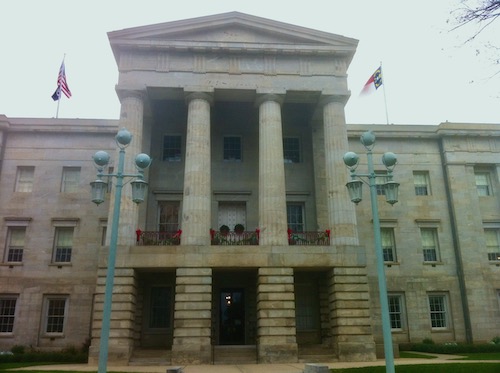
Who Will Like Retirement in Raleigh
Folks who are looking for life in a fast-paced, middle-sized city in the south will like it in Raleigh. It offers a more moderate climate and there is plenty to do.
Local Economy Is Driven by
Banking/ financial services, healthcare, universities, and many corporations.
Climate and Physical Environment
Raleigh is in the middle of the state, part of the Research Triangle region. Average January temperature is 43 degrees, July's average is 79 degrees. The mountains are not far away.
Restaurants & Cultural Scene
As the state capital Raleigh has a number of significant cultural institutions. Those include African American Cultural Complex, Contemporary Art Museum, Gregg Museum of Art & Design at NCSU, Haywood Hall House & Gardens, North Carolina Museum of Art, North Carolina Museum of Natural Sciences, and the North Carolina Museum of History. The Time Warner Cable Music Pavilion hosts major concert acts. The Progress Energy Center for the Performing Arts hosts plays, concerts, ballet, opera, and symphony concerts. The Meymandi Theatre at the Murphey School is one of many theater venues.
Crime
The crime rate is very close to the national average.
Medical facilities
Raleigh is home to many hospitals including the Dorothea Dix Hospital.
Transportation
The Raleigh-Durham Airport offers convenient service. Amtrak stops in Raleigh. Capital Area Transit System provides bus service through the region. Raleigh is considered below average in walkability when compared to other citiies.
Valuable Links
North Carolina Retirement GuideRaleigh Wikipedia pageCity of RaleighRaleigh Chamber of Commerce
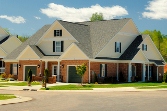
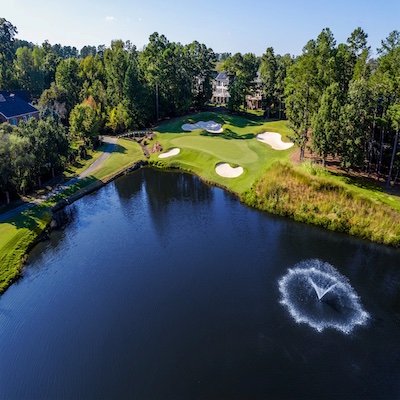
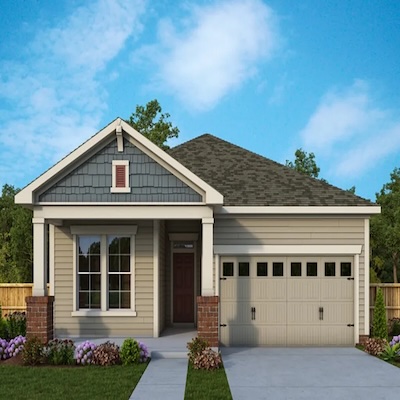
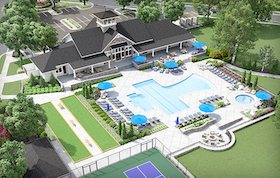


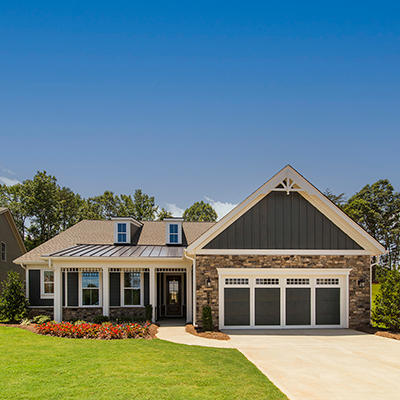
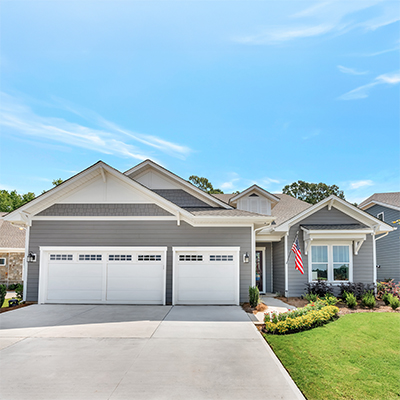
Comments on "Raleigh"